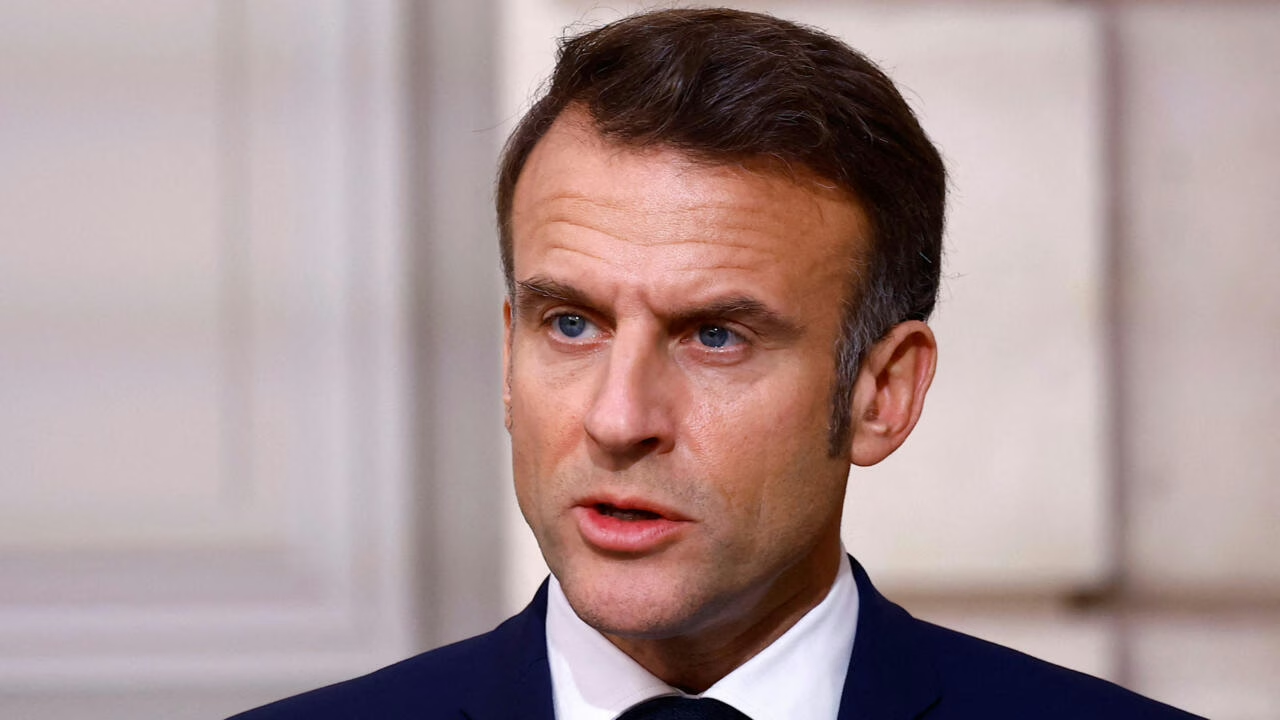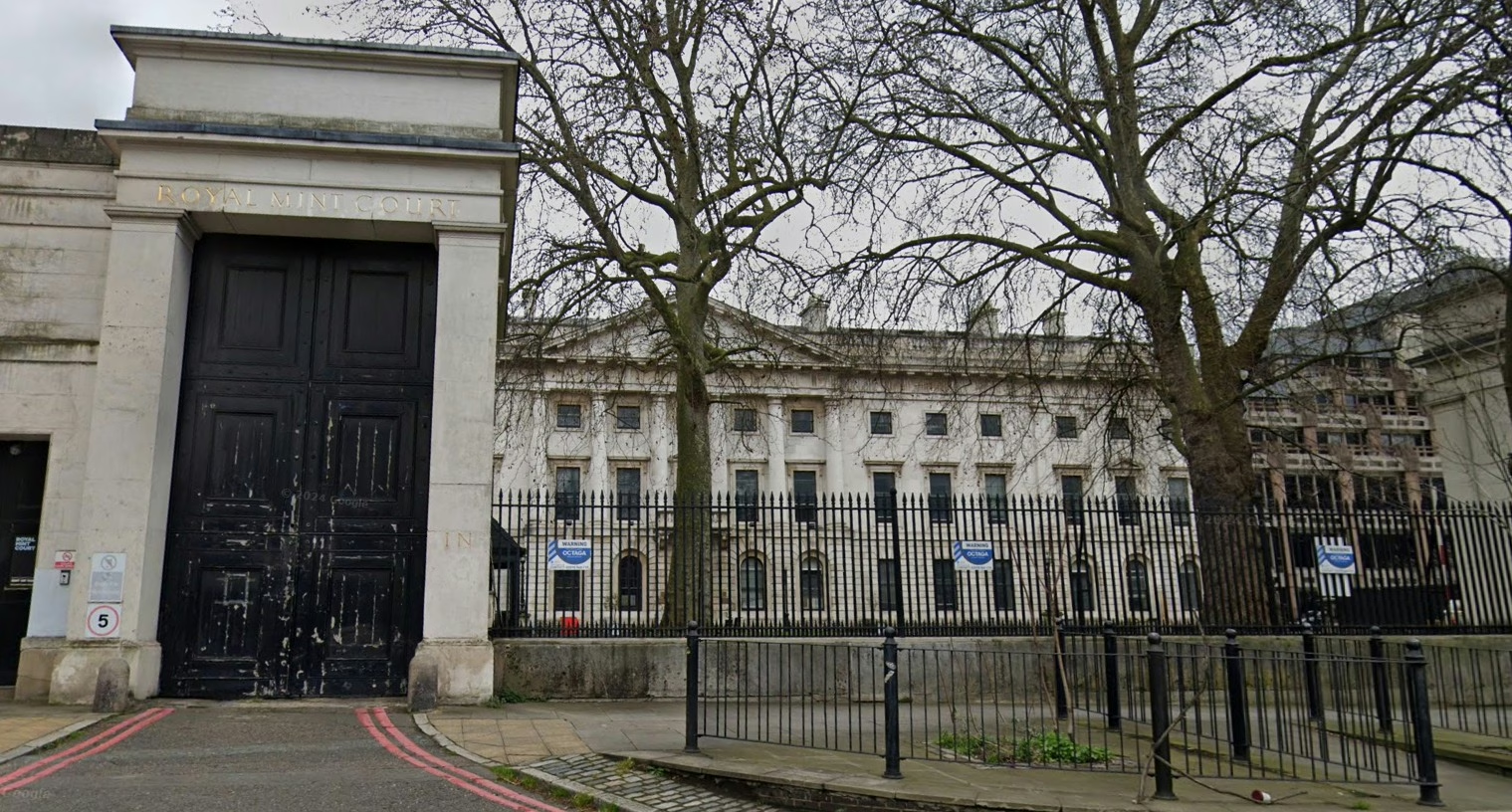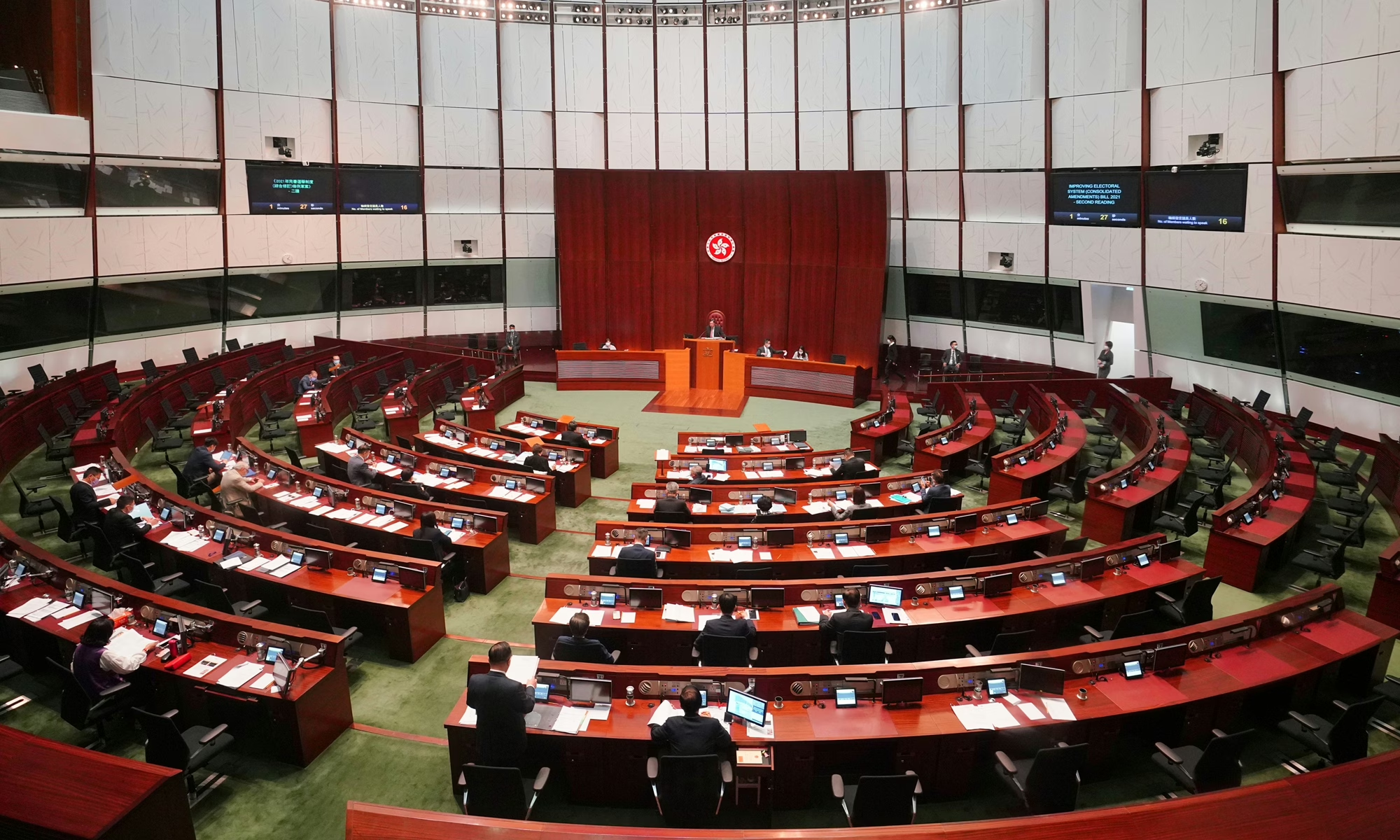French President Emmanuel Macron visited the UK on 8 July for talks with Prime Minister Keir Starmer, focusing on the escalating issue of illegal migration across the English Channel. The discussions come amid heightened tensions, with new measures expected to be announced on 10 July to curb record-high crossings. Concurrently, Northern Ireland has been rocked by violent anti-immigrant protests, particularly in Ballymena, where recent riots have exposed deep-seated social divisions.
UK-France Summit Targets Illegal Migration
Official figures from the UK Home Office reveal that over 21,000 migrants have crossed the English Channel in small boats this year, a record high that has intensified pressure on both governments. The Labour government, in power since July 2024, has pledged a tougher stance on immigration, with Prime Minister Starmer seeking to bolster cooperation with France to dismantle smuggling networks.
During the summit, both leaders addressed the urgent need to curb dangerous crossings. French authorities have recently adopted more aggressive tactics, including puncturing inflatable dinghies used by migrants to prevent departures from French shores. These measures are part of a broader strategy to disrupt people-smuggling operations, with new initiatives set to be unveiled on 10 July. UK Defence Secretary John Healey previously described the border situation as “out of control,” likening Channel crossings to “taking a taxi.”
Post-Brexit tensions have complicated UK-France collaboration on migration. While the UK is no longer bound by EU immigration frameworks, disagreements persist over responsibility-sharing and repatriation processes. Since July 2024, the UK has ramped up deportations, with 33 charter flights removing 13,500 illegal migrants, a significant increase from previous years. The summit is seen as a step toward rebuilding trust, with both sides exploring joint border patrols and advanced surveillance technologies.
Analysts highlight the delicate balance between border security and humanitarian concerns. The International Organization for Migration (IOM) reports dozens of migrant deaths in the Channel in 2024, underscoring the risks of these journeys. The think tank Policy Exchange has urged the establishment of a joint UK-France border taskforce and investment in tracking technology. Additionally, the UK plans to tighten low-skilled labour migration policies to reduce irregular arrivals.
Anti-Immigrant Protests Erupt in Northern Ireland
Meanwhile, Northern Ireland has been shaken by violent anti-immigrant protests. In June 2025, Ballymena saw three nights of riots sparked by the alleged sexual assault of a teenage girl by two Romanian teenagers. Protesters set vehicles alight, hurled petrol bombs, and clashed with police, injuring over 30 officers and leading to multiple arrests. The unrest reflects growing anti-immigrant sentiment, intertwined with Northern Ireland’s complex religious and historical divides.
The Ballymena riots follow a pattern of unrest across the UK. In July 2024, a knife attack in Southport that killed three young girls was falsely attributed to a Muslim migrant, fuelling nationwide protests led by far-right groups. In Belfast, rioters targeted mosques, refugee shelters, and minority-owned businesses, with violence marked by racial and Islamophobic undertones. The Northern Ireland disturbances have been exacerbated by local grievances over housing shortages and strained public services, with immigrants often scapegoated.
Prime Minister Starmer has vowed to bring rioters to justice, with a specialist police unit deployed to tackle far-right unrest. Since August 2024, over 1,280 arrests have been made across the UK, with nearly 800 prosecutions and average sentences of two years. However, experts warn that punitive measures alone will not address underlying issues. Professor Alan Smith of Ulster University notes that economic inequality and cultural anxieties, particularly in Protestant-Catholic divides, are driving tensions in Northern Ireland.
Broader Implications
The UK-France summit and Northern Ireland’s unrest highlight the multifaceted nature of Europe’s migration crisis. The Labour government’s hardline approach, including mass deportations, has drawn criticism from human rights groups like Amnesty International, who warn of marginalising vulnerable communities. In Northern Ireland, anti-immigrant sentiment risks further polarising society, with far-right groups exploiting economic and cultural insecurities.
The success of UK-France cooperation will be critical in managing Channel crossings. Failure to curb smuggling could undermine public confidence in both governments. Meanwhile, addressing the root causes of unrest in Northern Ireland—housing, healthcare, and social cohesion—will require long-term investment and community engagement.
Conclusion
As the UK and France forge new strategies to tackle illegal migration, the violent protests in Northern Ireland serve as a stark reminder of the social tensions fuelling anti-immigrant sentiment. While the Starmer-Macron summit signals a commitment to cross-border solutions, the path forward demands a delicate balance between enforcement and inclusion. The coming days will test whether these efforts can ease the migrant crisis and restore calm to communities grappling with division.
Discover more from “Bridging Hongkongers. Reporting Truth.”
Subscribe to get the latest posts sent to your email.




